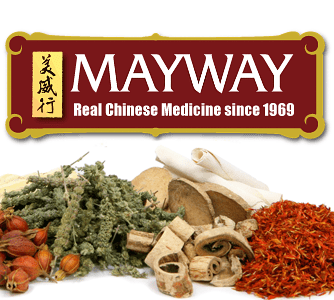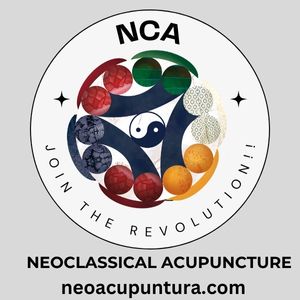Podcasts
[et_pb_section fb_built=”1″ fullwidth=”on” _builder_version=”4.16″ _module_preset=”default” global_colors_info=”{}”][/et_pb_section][et_pb_section fb_built=”1″ _builder_version=”4.16″ background_image=”https://www.qiological.com/wp-content/uploads/2022/06/background-blue-and-lines.png” custom_padding=”20px||0px|” global_colors_info=”{}”][et_pb_row _builder_version=”4.16″ custom_width_px=”1200px” global_colors_info=”{}”][et_pb_column type=”4_4″ _builder_version=”4.16″ background_position=”top_left” custom_padding=”|||” global_colors_info=”{}” custom_padding__hover=”|||”][et_pb_post_custom posts_number=”1″ show_more=”on” show_author=”off” show_categories=”off” show_pagination=”off” admin_label=”latest podcast show” _builder_version=”4.27.4″ header_font=”|on|||” header_font_size=”20″ hover_enabled=”0″ header_font_size_tablet=”51″ header_line_height_tablet=”2″ body_font_size_tablet=”51″ body_line_height_tablet=”2″ meta_font_size_tablet=”51″ meta_line_height_tablet=”2″ category_tag_font_size_tablet=”51″ category_tag_line_height_tablet=”2″ global_colors_info=”{}” sticky_enabled=”0″]
[/et_pb_post_custom][/et_pb_column][/et_pb_row][/et_pb_section][et_pb_section fb_built=”1″ _builder_version=”4.16″ background_color=”#4c627c” custom_padding=”15px|0px|45.03125px|0px|false|false” global_colors_info=”{}”][et_pb_row _builder_version=”4.17.6″ max_width=”1200px” use_custom_width=”on” custom_width_px=”1200px” global_colors_info=”{}”][et_pb_column type=”4_4″ _builder_version=”4.16″ background_position=”top_left” custom_padding=”|||” global_colors_info=”{}” custom_padding__hover=”|||”][/et_pb_column][/et_pb_row][et_pb_row column_structure=”2_3,1_3″ _builder_version=”4.16″ max_width=”1200px” use_custom_width=”on” custom_width_px=”1200px” global_colors_info=”{}”][et_pb_column type=”2_3″ _builder_version=”4.16″ background_position=”top_left” custom_padding=”|||” global_colors_info=”{}” custom_padding__hover=”|||”][et_pb_code admin_label=”Subscribe To Podcast” module_id=”eposides_podcast_subscribe” _builder_version=”4.17.6″ _module_preset=”default” global_colors_info=”{}”]
Subscribe To This Podcast In Your Favourite Player
[/et_pb_code][et_pb_post_custom posts_number=”20″ show_more=”on” show_author=”off” show_categories=”off” offset_number=”1″ admin_label=”List of other shows” module_id=”podcast_posts” _builder_version=”4.27.4″ header_font=”|on|||” header_font_size=”20″ hover_enabled=”0″ header_font_size_tablet=”51″ header_line_height_tablet=”2″ body_font_size_tablet=”51″ body_line_height_tablet=”2″ meta_font_size_tablet=”51″ meta_line_height_tablet=”2″ category_tag_font_size_tablet=”51″ category_tag_line_height_tablet=”2″ global_colors_info=”{}” sticky_enabled=”0″]
[/et_pb_post_custom][/et_pb_column][et_pb_column type=”1_3″ _builder_version=”4.16″ background_position=”top_left” custom_padding=”|||” global_colors_info=”{}” custom_padding__hover=”|||”][et_pb_text disabled_on=”on|on|off” admin_label=”5x Side bar ads” module_id=”sidebar_ad” _builder_version=”4.17.6″ text_font=”|600|||||||” background_color=”#f5f5f5″ text_orientation=”center” custom_padding=”||||false|false” border_width_all=”1px” global_colors_info=”{}”]
Support for Qiological Comes From
[/et_pb_text][et_pb_sidebar area=”et_pb_widget_area_6″ _builder_version=”4.20.4″ _module_preset=”default” global_colors_info=”{}”][/et_pb_sidebar][/et_pb_column][/et_pb_row][/et_pb_section]








